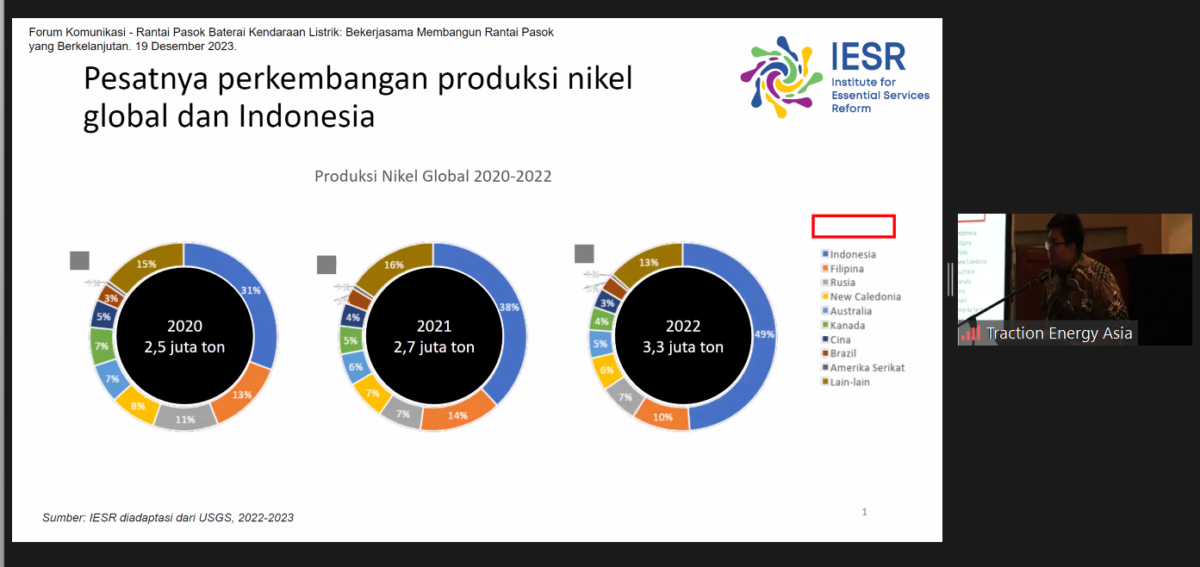Jakarta, December 19, 2023 - In recent years, energy transition has become a significant focus in various countries, including Indonesia. President Joko Widodo's (Jokowi) has been promoting the shift from conventional energy sources to renewable energy. One of the strategic steps emphasized is the development of electric vehicles. This support is realized through various incentives,…

